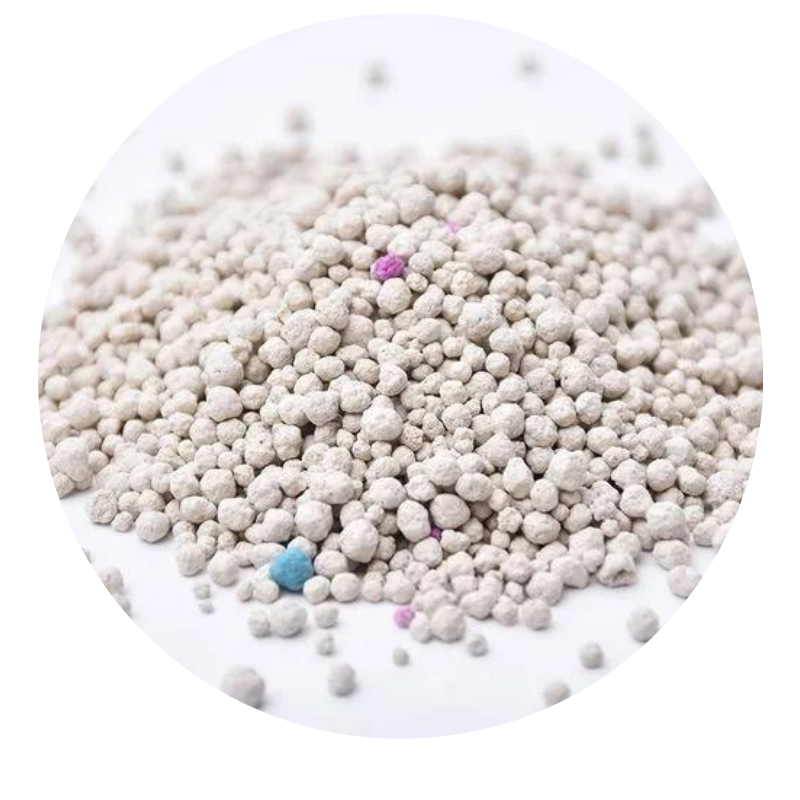
flexible mica sheet
The Versatility of Flexible Mica Sheets
Mica, a mineral renowned for its layered structure and excellent insulating properties, has found significant applications in various industries. Among its many forms, flexible mica sheets stand out for their versatile usage and unique characteristics. These sheets are prized for their ability to withstand high temperatures, making them ideal for applications in environments where other materials might fail.
One of the critical advantages of flexible mica sheets is their remarkable thermal stability. They can endure extreme temperatures, often exceeding 1000°C, without losing their integrity or performance. This property is particularly beneficial in industries such as electronics, automotive, and aerospace, where reliable insulation is paramount. For instance, in the electronic sector, flexible mica sheets are employed as thermal barriers in devices that generate considerable heat, such as transformers and capacitors. Their use prevents overheating, ensuring the longevity and performance of these critical components.
In addition to their thermal resistance, flexible mica sheets also exhibit excellent electrical insulation properties. They have high dielectric strength, which makes them suitable for use in high-voltage applications. This feature is essential for preventing electrical shorts and ensuring the safety and efficiency of various electrical apparatuses. As a result, manufacturers often turn to mica sheets when designing insulators for electrical machines, cables, and other devices.
flexible mica sheet

Another notable benefit of flexible mica sheets is their lightweight nature. This characteristic allows them to be incorporated into applications without adding significant weight, which is a crucial consideration in aerospace and automotive industries. In these fields, every ounce counts, and materials that can provide insulation without adding weight are invaluable.
Moreover, flexible mica sheets are chemically inert, meaning they can withstand exposure to various chemicals and solvents without degrading. This durability expands their applicability in industries such as chemical processing and manufacturing. As businesses seek materials that can endure harsh environments while maintaining performance, flexible mica sheets become an attractive option.
Finally, the manufacturing process of flexible mica sheets has evolved, allowing for customization in terms of thickness, width, and other dimensions. This adaptability enables engineers to design products tailored to specific applications, enhancing performance and efficiency.
In conclusion, flexible mica sheets are an indispensable material in today's technology-driven world. With their combination of thermal stability, electrical insulation properties, lightweight nature, chemical resistance, and adaptability, they offer solutions across various industries. As the demand for advanced materials grows, the importance of flexible mica sheets will continue to rise, solidifying their role in innovation and technology.
Share
-
Custom Granite Pebbles Manufacturers Durable & Natural DesignsNewsMay.07,2025
-
Custom Perlite for Orchids Lightweight, pH-Neutral Mix FactoriesNewsMay.07,2025
-
Custom Raw Vermiculite Manufacturers & Factories Bulk OrdersNewsMay.07,2025
-
Custom Rainbow Pebbles Manufacturers High-Quality & DurableNewsMay.07,2025
-
Calcium Carbonate Powder Price - Bulk Discounts & Factory Direct QuotesNewsMay.07,2025
-
Custom White Coral Sand Manufacturers Bulk & Eco-FriendlyNewsMay.07,2025






